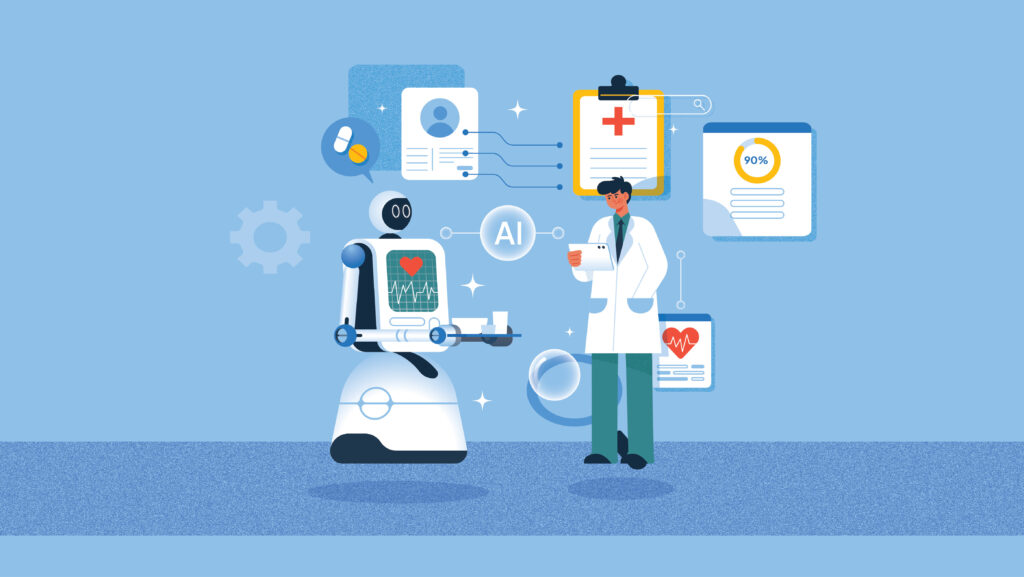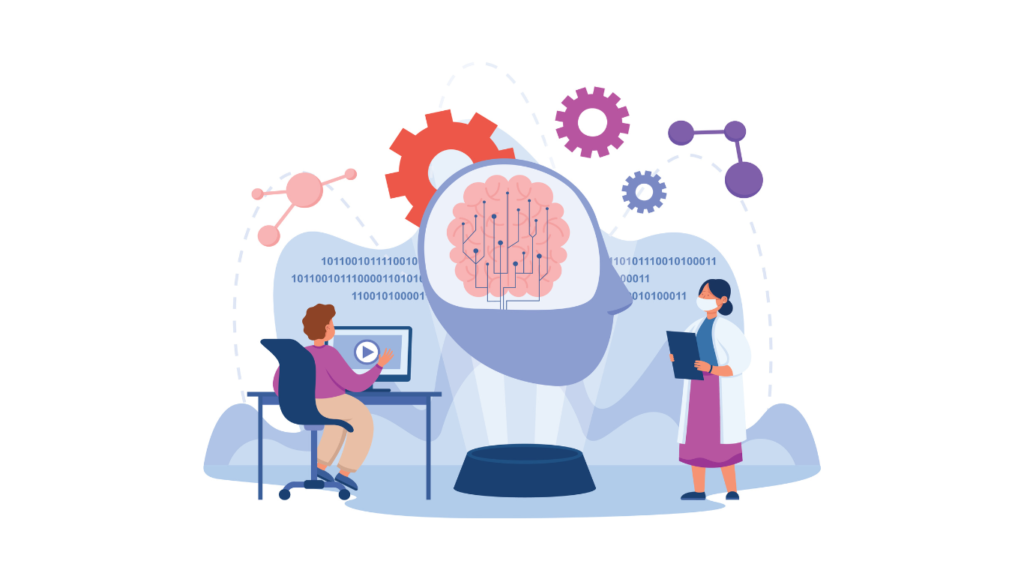Patient recruitment is often cited as one of the most challenging aspects of conducting clinical trials. The process is traditionally time-consuming, expensive, and prone to delays, which can hinder the development of new treatments. However, the advent of artificial intelligence (AI) is poised to revolutionize this critical phase of clinical research by enhancing the efficiency, accuracy, and speed of patient recruitment. This article explores how AI is transforming patient recruitment, the opportunities it presents, and the challenges that need to be addressed.
The Role of AI in Patient Recruitment
AI leverages vast amounts of data from electronic health records (EHRs), patient registries, and other sources to identify potential trial participants who meet specific criteria. Here are some of the ways AI is making a difference:
- Improved Matching Accuracy: AI algorithms can analyze complex datasets to match patients with appropriate clinical trials more accurately than traditional methods. By considering a wide array of factors such as genetic information, medical history, and lifestyle, AI ensures that only the most suitable candidates are selected.
- Faster Recruitment Process: AI-driven tools can sift through data at a much faster rate than human researchers. This speed not only reduces the time required to identify potential participants but also accelerates the overall timeline of clinical trials.
- Enhanced Outreach and Engagement: AI can help design targeted outreach campaigns by predicting which patients are more likely to respond to recruitment efforts. This personalization increases the likelihood of participation and reduces the dropout rate.
- Reduction in Recruitment Costs: By streamlining the recruitment process, AI can significantly cut down on associated costs. Fewer resources are needed to identify and engage potential participants, freeing up funds for other critical aspects of the trial.
Opportunities Presented by AI in Patient Recruitment
The integration of AI into patient recruitment processes offers several promising opportunities:
- Broader Patient Access: AI can identify potential participants from a more diverse population pool, including those who might not have been considered through traditional methods. This inclusivity can lead to more comprehensive and representative clinical trials.
- Improved Patient Outcomes: With more precise matching, patients are more likely to benefit from the treatment being studied. This can lead to better outcomes and higher satisfaction among trial participants.
- Real-Time Adjustments: AI can monitor recruitment in real-time, allowing researchers to make necessary adjustments on the fly. This dynamic approach ensures that trials remain on track and can adapt to emerging challenges or opportunities.
- Increased Innovation: The efficiency brought by AI allows researchers to focus more on innovative aspects of their studies rather than administrative tasks. This can accelerate the development of new treatments and therapies.
Challenges and Considerations
Despite the numerous advantages, the integration of AI in patient recruitment is not without challenges:
- Availability of Data: Despite the implementation of the Ayushman Bharat Digital Mission (ABDM) in India, centralized data systems with standardized formats for all patients’ files are still not fully established. This lack of a unified data repository poses a significant challenge for effectively deploying AI in patient recruitment. It will take time and further innovations to consolidate all necessary data into a single, accessible location.
- Data Privacy and Security: Handling sensitive patient data requires robust security measures. Compliance with data protection regulations such as Digital Personal Data Protection Act (DPDPA) is essential to protect patient privacy.
- Bias in AI Algorithms: AI systems are only as good as the data they are trained on. If the training data is biased, the AI may perpetuate these biases, leading to skewed recruitment processes. Continuous monitoring and updating of algorithms are necessary to mitigate this risk.
- Regulatory Compliance: The regulatory landscape for AI in clinical trials is still evolving. Researchers must stay abreast of changes in regulations to ensure that their use of AI is compliant with all applicable laws and guidelines.
- Integration with Existing Systems: Many healthcare systems and clinical trial platforms still need to be equipped to integrate AI seamlessly. Upgrading these systems and training staff to use AI tools effectively can be a significant hurdle.
- Ethical Considerations: The use of AI in patient recruitment raises ethical questions about transparency and consent. Ensuring that patients are fully informed about how their data is being used is crucial.
Conclusion
AI holds tremendous potential to transform patient recruitment in clinical trials, offering unprecedented opportunities to enhance efficiency, accuracy, and inclusivity. However, realizing this potential requires careful consideration of the challenges involved, particularly around data privacy, bias, and regulatory compliance. As the field of AI continues to evolve, researchers, clinicians, and policymakers need to collaborate in addressing these challenges to harness the full benefits of AI in clinical trials.



